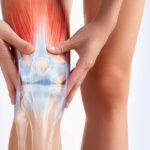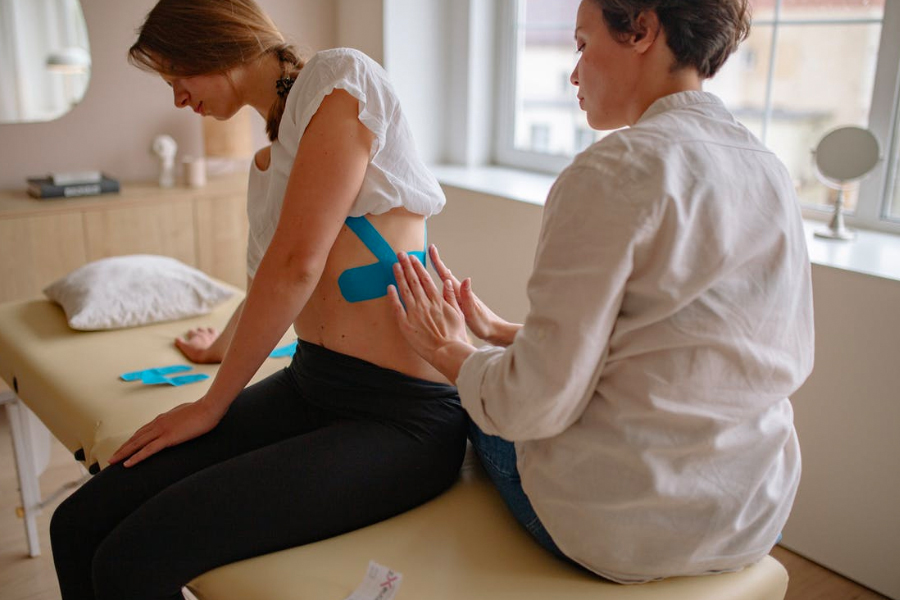About one-quarter of a million people in the United States are living with the effects of a spinal cord injury, and roughly 11,000 new cases are diagnosed each year. Accidents involving motor vehicles falls, traumatic injuries, injuries sustained in sports, and acts of aggression are typical causes of spinal cord injuries.
Spinal injuries sometimes leave patients with long-term consequences that must be managed for the rest of the victim’s life. Spinal cord injuries are among the most serious types of injuries and should be treated by certified spine specialists.
The following is a list of typical problems that might result from a spinal injury:
Alterations in Circulation
Damage to the spine can cause alterations in circulation, which can include low blood pressure when rising from a seated or lying position, edema (swelling) of the extremities, and an increased risk of developing blood clots. These alterations can also be caused by an increased risk of developing blood clots.
Some people who have had cord damage end up experiencing autonomic hyperreflexia, which is an abrupt and potentially life-threatening spike in blood pressure. After a spinal cord injury, it is essential to acquire the skills necessary to adapt to changes in the circulatory system.
Respiratory Issues
Depending on the severity of the damage, persons who have suffered a spine injury may have trouble breathing, coughing, or expelling secretions from their bodies. If the person has had a very severe level of spine trauma, they may require mechanical breathing. One of the problems of living with a spinal injury is learning how to recognize the early warning symptoms of a respiratory infection.
Problems With the Muscles
Individuals who have had cord injuries may develop spastic or flaccid paralysis. Flaccid muscles lack tone and are limp, whereas spastic muscles cause involuntary muscular activity that cannot be controlled.
Pain
It is a common misconception that persons who have had spinal injuries are unable to feel pain. They may have pain in their joints or muscles as a result of overusing certain muscle groups, or they may experience pain in their nerves, particularly if they have suffered an incomplete lesion to their spinal column.
Loss of Control of the Bladder
A spinal injury can cause a loss of control of the bladder because the nerves from the spinal cord that indicate a full bladder are injured. This causes the nerves to no longer function properly. Spinal injury patients may have an increased risk of developing urinary tract infections, kidney infections, and renal calculi (kidney stones). In order to avoid infection and stone formation, it is essential to consume enough amount of fluids.
Sensation Loss Below the Level of the Damage
A victim of a spinal cord injury may have a whole or partial loss of sensation below the level of the lesion. This indicates that the individual may not be able to sense feelings like pain, heat, or cold. Because of this loss of feeling, the person is more likely to develop pressure sores. Pressure ulcers are one of the most dreaded consequences after spinal surgery, and it will always be vital to pay careful attention to the skin in order to prevent getting them.
Alterations in Sexual Function
Males suffering from spinal cord injuries may have trouble achieving or keeping an erection, as well as trouble ejaculating. There is a possibility that both men and women will experience a diminished feeling below the level of their spinal damage. In most cases, individuals who have had a spinal cord damage remain fertile and may still have children.
Even though the complexities of a spinal cord injury can seem insurmountable at first, it is possible to find solutions to all of these issues. There are a lot of people who survive spinal cord injuries and go on to live reasonably regular lives, complete with careers and even families. Learning how to manage the consequences of a spinal cord injury is a component of the rehabilitation process. If you believe you are suffering from a spine injury, you can reach out to a specialist like The Robotic Spine Institute of Las Vegas located at 7140 Smoke Ranch Rd #150 in Las Vegas, NV 89128.






















Add Comment